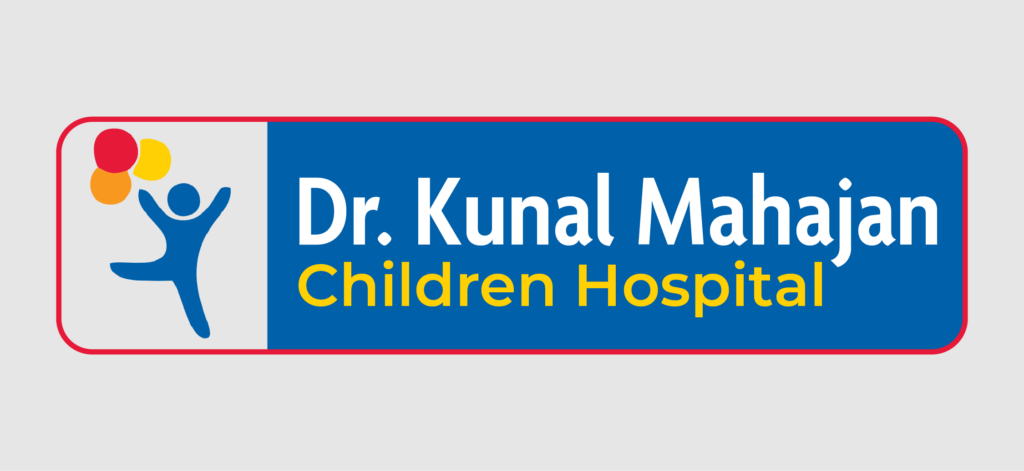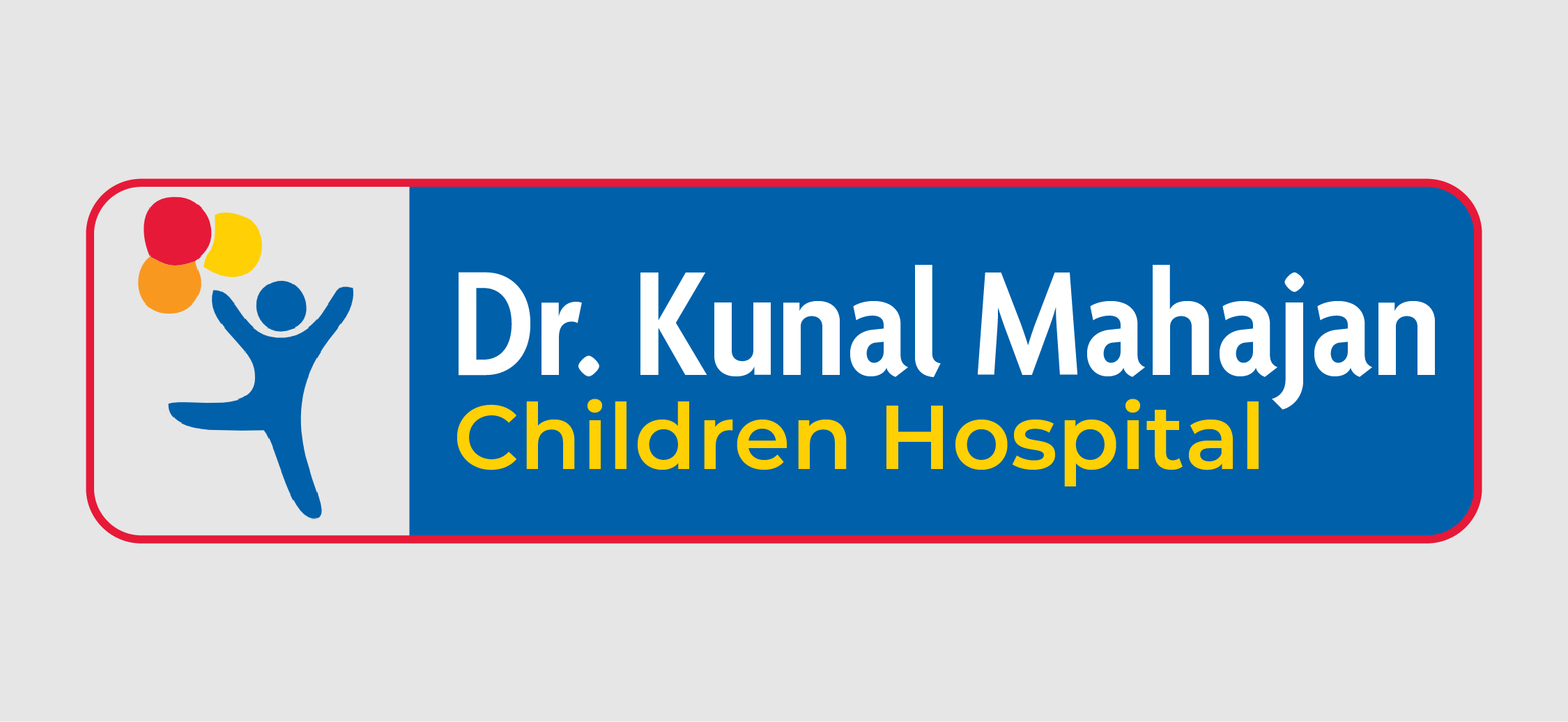Attention Deficit Hyperactivity Disorder

At Dr. Kunal Mahajan Children’s Hospital, we offer specialized services for the diagnosis, management, and treatment of Attention Deficit Hyperactivity Disorder (ADHD) in children. ADHD is a neurodevelopmental disorder characterized by persistent patterns of inattention, hyperactivity, and impulsivity that can significantly impact a child’s academic performance, social interactions, and overall quality of life. Our dedicated team of pediatric psychiatrists, psychologists, and behavioral therapists are committed to providing comprehensive care to help children with ADHD thrive and reach their full potential.
Diagnosis: Accurate diagnosis of ADHD is essential for developing effective treatment strategies and supporting children with the condition. Our experienced pediatric psychiatrists and psychologists conduct thorough evaluations to assess children’s cognitive, behavioral, and emotional functioning. This may include clinical interviews, parent and teacher assessments, behavioral observations, and standardized rating scales to evaluate symptoms of inattention, hyperactivity, and impulsivity.
Management: Once a diagnosis of ADHD is confirmed, our multidisciplinary team collaborates to develop personalized management plans tailored to each child’s unique needs and circumstances. Treatment for ADHD may include:
Behavioral Therapy: Behavioral therapy, such as cognitive-behavioral therapy (CBT) and behavioral parent training, is a cornerstone of ADHD treatment. Our behavioral therapists work with children and their families to develop coping skills, improve self-regulation, and address specific challenges related to inattention, impulsivity, and hyperactivity. Behavioral therapy helps children develop strategies to manage their symptoms and succeed in academic, social, and home settings.
Medication Management: In some cases, medication may be recommended to help control symptoms of ADHD and improve attention, focus, and impulse control. Our pediatric psychiatrists carefully evaluate each child’s symptoms, medical history, and individual needs to prescribe appropriate medications, such as stimulants (e.g., methylphenidate, amphetamine) or non-stimulants (e.g., atomoxetine, guanfacine). Medication management is closely monitored to ensure safety and effectiveness.
Educational Support: Children with ADHD may benefit from educational accommodations and support services to optimize learning and academic success. Our team works collaboratively with schools and educational professionals to develop individualized education plans (IEPs) or 504 plans that address specific academic challenges associated with ADHD. This may include classroom modifications, tutoring, organizational strategies, and behavioral interventions to support children’s academic performance and social-emotional development.
Parent Education and Support: Parental involvement is crucial in managing ADHD and supporting children’s well-being. Our hospital offers parent education programs, support groups, and counseling services to help parents understand ADHD, learn effective parenting strategies, and navigate the challenges of raising a child with ADHD. We provide guidance on behavior management techniques, communication strategies, and resources to empower parents to advocate for their child’s needs and promote positive family dynamics.
Follow-Up and Monitoring: Our hospital emphasizes the importance of regular follow-up appointments and ongoing monitoring to assess treatment progress, adjust interventions as needed, and address any concerns or challenges that arise. We provide comprehensive support and guidance to children and their families throughout the treatment process, fostering open communication, collaboration, and empowerment.
Community Outreach and Advocacy: In addition to clinical services, Dr. Kunal Mahajan Children’s Hospital is committed to raising awareness about ADHD and advocating for the needs of children with the condition. We collaborate with community organizations, schools, and advocacy groups to promote understanding, reduce stigma, and improve access to resources and support services for children and families affected by ADHD.


